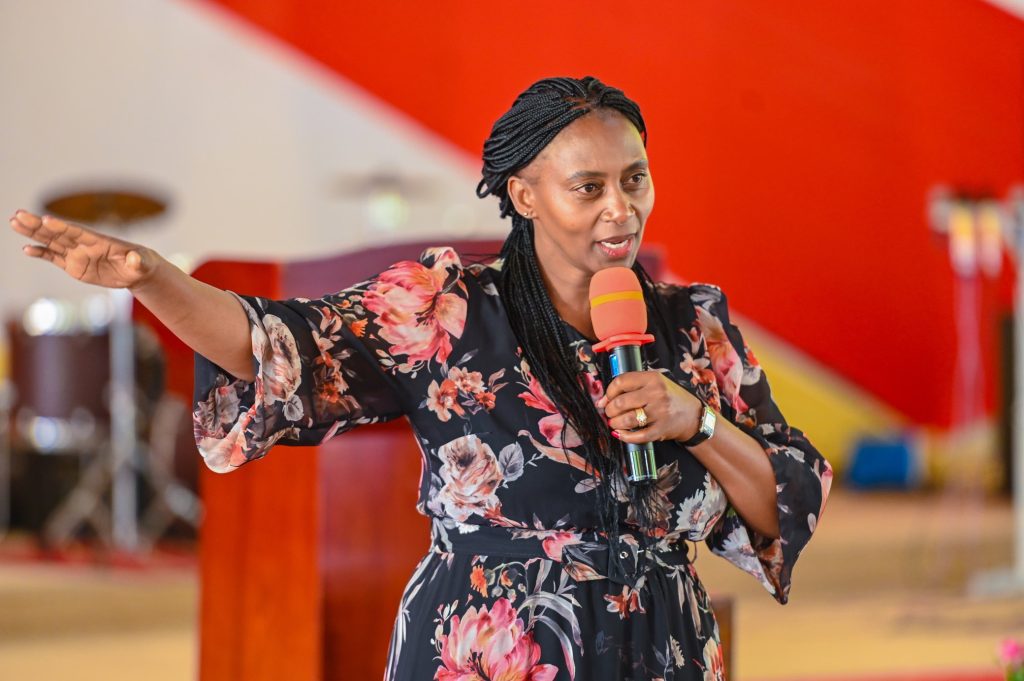Ministry of Mining, Blue Economy, and Maritime Affairs Cabinet Secretary Hassan Joho Hassan has said that Kenya will match with other African countries towards green shipping.
In a speech read by the Principal Secretary, State Department for Shipping and Maritime Affairs, Geoffrey Kaituko, the CS noted that Kenya, like other African countries, will take a leading role in shaping the green transition from the Global South, noting that the ports, shipping routes, and maritime industries are integral to global trade and must evolve in alignment with the net-zero emissions target by 2050.
Joho said discussion on the implementation of the 2023 IMO Green House Gas (GHG) Strategy and green transition of shipping in Africa is vital to deliberating on the measures needed to implement the 2023 IMO GHG Strategy effectively.
He noted that there is a need to champion policies that support green shipping, including alternative fuels, energy-efficient vessel designs, and digital solutions to optimise maritime logistics.
“By doing so, we can create green jobs, attract investments, and build resilient economies while addressing the pressing challenges of climate change,” he said.
The CS called for enhanced collaboration in technology transfer, capacity building, and access to climate financing to support developing nations in the transition.
“We are here to explore innovative policies, investments, and technologies that will accelerate the transition to low-carbon and zero-emission shipping,” he added.
Representatives from 33 African countries participated in the conference that was organised by IMO and the Kingdom of Denmark.
International Maritime Organisation (IMO) Secretary General Arsenio Dominguez thanked the Kenyan government for the continued support of the work of IMO in sustainability and decarbonisation in the maritime sector.
Dominguez said it is now a time to tap into the opportunities for the African continent following the abundance of natural resources the continent has and clean energy that can provide a mechanism to decarbonise shipping.
He said IMO is ready once they adopt the economic measures to also support nations financially to tackle those challenges.
“This provides an opportunity to increase governance in the maritime domain and provide new jobs for sure seafarers who are going through these transitions into decarbonising shipping and to make it a more sustainable, greener, and safer industry,” he said.
He noted that the shipping industry globally emits around three per cent of carbon emissions, adding that it may not be a large number compared to other industries, but as an institution, they are very serious in their actions in order to fulfil the global agenda of protecting the climate.
He stated that it’s been two years since the transition took off, and they are taking it step by step to 2050 with a number of interventions enrolled.
“Right now we are in the process of developing the technical measures that are going to support the widespread introduction of renewable energy as well as the technology that comes with that,” he said.
He added that they are also increasing and revolving on the training requirements for the seafarers to be conversant with the new ships and technology.
Principal Secretary State Department for Shipping and Maritime Affairs Geoffrey Kaituko said that Kenya is adopting measures, given that 70 per cent of its energy is from renewable sources; thus, it should be able to transition successfully into green shipping.
Kaituko reiterated that the county, however, will have to invest heavily in green fuels rather than fossil fuels to achieve green shipping.
He noted that at the Mombasa port, there are measures that are taken to ensure that while ships are docked, they do not emit as much carbon as was the case previously.
The PS said the government is also transforming the Mombasa and Lamu ports into green ports.
“We don’t want to be left behind in the shipping sector like it happened in the transport sector. When electric vehicles were produced, we did not embrace that, and we are facing challenges in terms of infrastructure,” he said.
By Chari Suche










